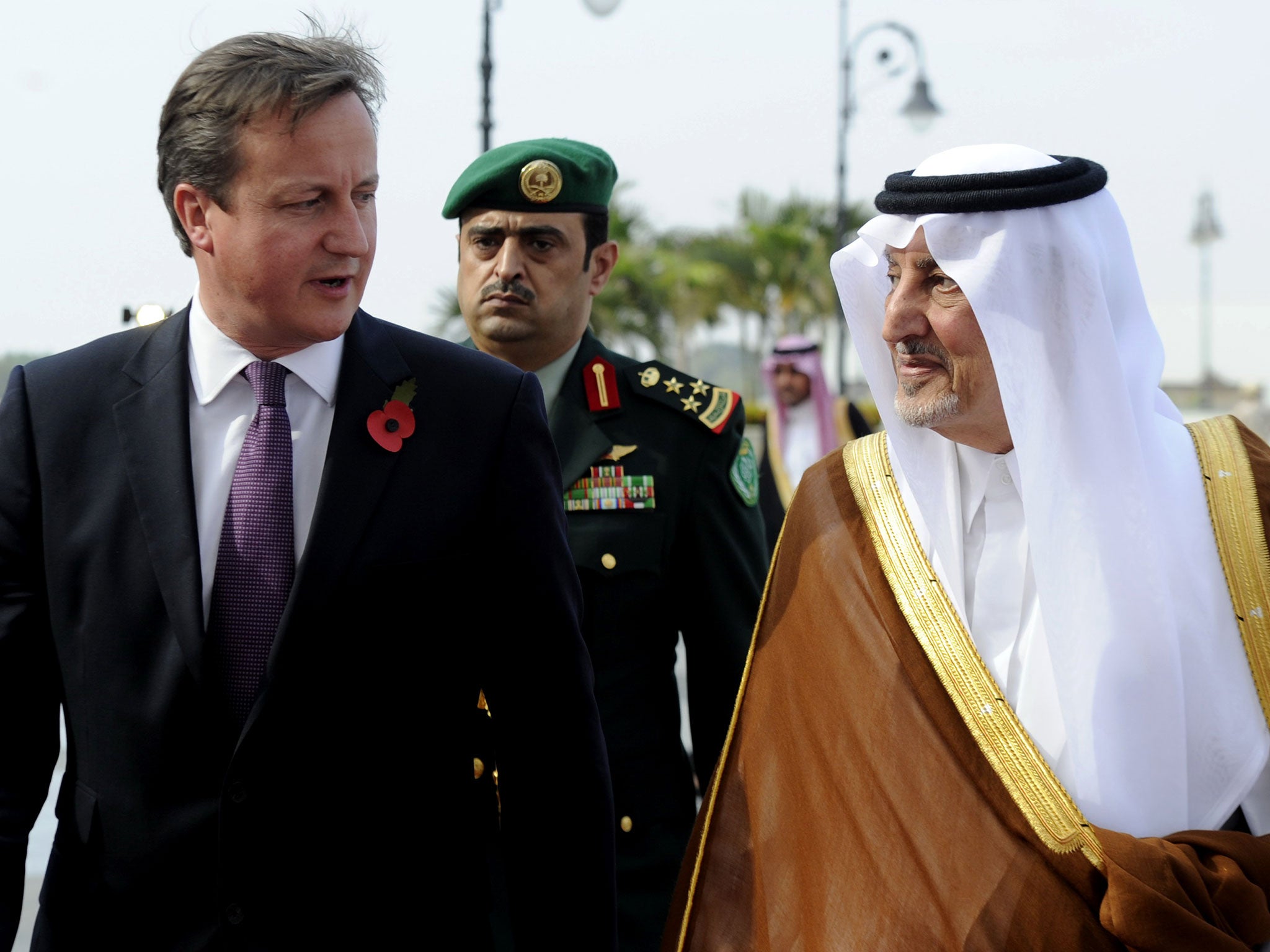The Only Way is Ethics: A campaign calling for The Independent to lay off the Saudi regime vindicates our stance
Last week, we received 32 identical emails complaining about The Independent’s critical coverage of Saudi Arabia. Perhaps there are also Saudi citizens who would not feel represented by those emails


Your support helps us to tell the story
From reproductive rights to climate change to Big Tech, The Independent is on the ground when the story is developing. Whether it's investigating the financials of Elon Musk's pro-Trump PAC or producing our latest documentary, 'The A Word', which shines a light on the American women fighting for reproductive rights, we know how important it is to parse out the facts from the messaging.
At such a critical moment in US history, we need reporters on the ground. Your donation allows us to keep sending journalists to speak to both sides of the story.
The Independent is trusted by Americans across the entire political spectrum. And unlike many other quality news outlets, we choose not to lock Americans out of our reporting and analysis with paywalls. We believe quality journalism should be available to everyone, paid for by those who can afford it.
Your support makes all the difference.The most important aspect of any complaints process is that each case should be judged on its merits. That may sound obvious, but it can require putting aside questions of tone in order to consider substance. It is easy enough to be riled when a complaint is primarily a rant – but all the effing and blinding in the world doesn’t preclude the possibility of there being a valid point buried beneath.
When many people complain about the same thing, it is vital that weight of numbers is not regarded as an intrinsic marker of the strength of an argument. That isn’t to say it can’t be: if hundreds of readers were offended by a particular image, their concern might be a good indicator of an editorial misjudgement. On the other hand, mass complaints might be no more than an attempt by a lobby group to pursue a wider agenda.
Last week, we received 32 emails complaining about The Independent’s coverage of Saudi Arabia. Each message was from a self-professed Saudi citizen, and I’ve no reason to doubt that they were sent with real feeling by actual people.
The 32 emails might, however, have made a stronger impact if they had they not all been identical, and expressing unhappiness at our “inaccurate, misleading and erroneous allegations”, which amounted to “psychological warfare aimed at diminishing the Saudi society”. We were, it was said, obviously intent on trying to “shake the confidence of Saudis in the policies and wisdom of their government”.
None of the people who wrote to us specified any particular articles about which they had concerns, nor identified any of the many inaccuracies we were supposed to have published. There was little that made me think that these complainants were habitual Independent readers.
In the absence of any specific errors, it was hard to avoid the conclusion that these emails were anything more than a concerted attempt to put pressure on The Independent to be less critical of a Saudi regime which, within its own borders, is subject to barely a murmur of criticism. The fact that there are no free media outlets in Saudi Arabia may have something to do with this. And, for outside observers, this is reason enough to condemn its government – not to mention its upholding of sharia through the stifling of women’s rights, the beheading of criminals, and flogging of bloggers for the disgusting outrage of propagating liberal thought.
Perhaps there are Saudi citizens who would not feel represented by the 32 who emailed me last week – but it would be brave of them to say so. And that goes some way to explaining why The Independent will continue to question the “wisdom” of Saudi Arabia’s autocracy.
The intricacies of press regulation
A Macedonian journalist came to visit The Independent last week. He had a particular interest in media regulation and was intrigued by the ongoing debate here in the UK.
He noted how vital it was for the maintenance of a free press that it should not be subject to any state interference. Self-regulation, he said, was the best way to try to maintain a free but responsible media – and, of course, that can take many forms.
The consequences of the Leveson Inquiry here – the agreement to use a royal charter to establish a Press Recognition Panel, funded by the state, to grant recognition to would-be regulators (“self” or otherwise; fully functioning or not) – were mystifying to my guest. Then again, he may not be alone in that.
Will Gore is Deputy Managing Editor of The Independent, i, Independent on Sunday and the Evening Standard
Join our commenting forum
Join thought-provoking conversations, follow other Independent readers and see their replies
Comments